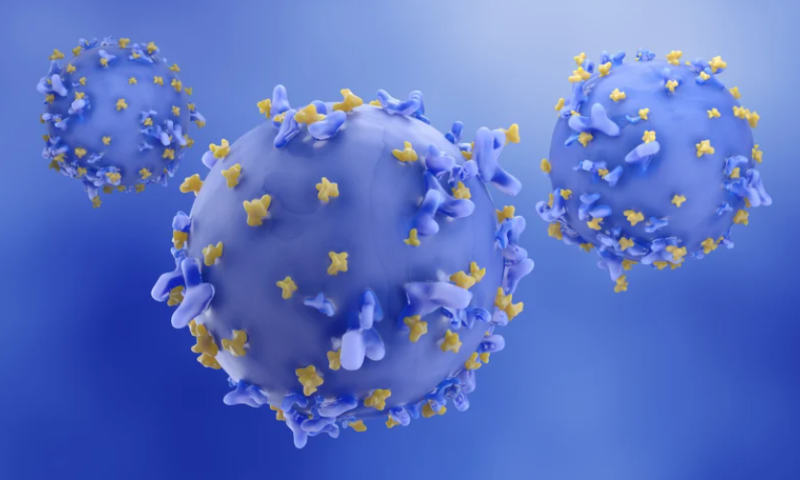Just over a year after ElevateBio and Boston Children’s Hospital joined forces to develop new cell and gene therapies, the two are out with a new spinoff company and new data showing the promise of an off-the-shelf CAR-T treatment.
At the center of both is George Daley, M.D., Ph.D., head of stem cell transplantation at Boston Children’s Hospital and scientific founder of the new company, which remains unnamed. The research, produced out of his lab, found that scientists were able to develop a specific kind of stem-cell-based, allogeneic CAR-T with enhanced anti-tumor activities.
Chimeric antigen receptor T cells (CAR-Ts) are engineered T cells tailored to attack a patient’s cancer cells. A patient’s own immune cells are typically used to produce the CAR-Ts, and then those engineered cells are reinjected. These are autologous CAR-Ts: They can be effective, but they’re also costly, and the production process is time-consuming.
Those drawbacks have fueled development of “off-the-shelf” CAR-Ts, which are derived from donor cells and can be produced in advance.
But the new paper notes that current stem-cell-derived T cells aren’t mature enough to function as well as they might. To change this, the scientists knocked out EZH1, a gene that helps maintain stem cells’ flexibility to become a number of different cell types. The scientists wanted to prioritize maturation over flexibility.
With the gene knockout, the stem cell T cells more closely resembled innate T cells and had better tumor-killing activity than stem cells without the knockout, according to the paper, whose lead author was Ran Jing,
To validate this, the team used a mouse model to see just how well the EZH1-less stem cells stacked up. Immunodeficient mice were injected with diffuse large B-cell lymphoma (DLBCL) cells and then were given three kinds of CAR-Ts. Whereas stem cell-derived CAR-Ts without the EZH1 knockout couldn’t fully eradicate tumor cells in any animal after seven weeks, stem cells without EZH1 function “caused complete remission in most animals.”
Plus, once the modified CAR-Ts were activated, they gave rise to more memory T-cell signature genes and low levels of cytotoxicity genes, the paper said. Those changes are valuable, the researchers said; past evidence suggests a rise in memory T cells correlates with “superior” T-cell persistence. The authors suggest that may be why the therapy performed better in mice.
“Therefore, the presence of a memory-like T cell subset may contribute to the enhanced persistence and antitumor activity of EZ-T cells in the DLBCL model,” they wrote.
Looking ahead, ElevateBio says the company-to-be-named will have access to its technology, cell lines and manufacturing technology to produce this therapy. Daley will also remain a collaborator with the company moving forward.

